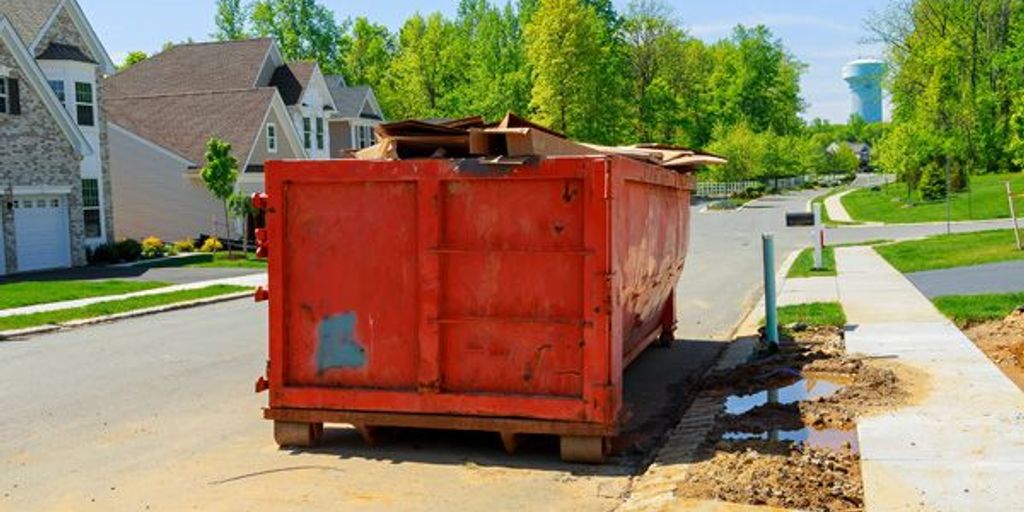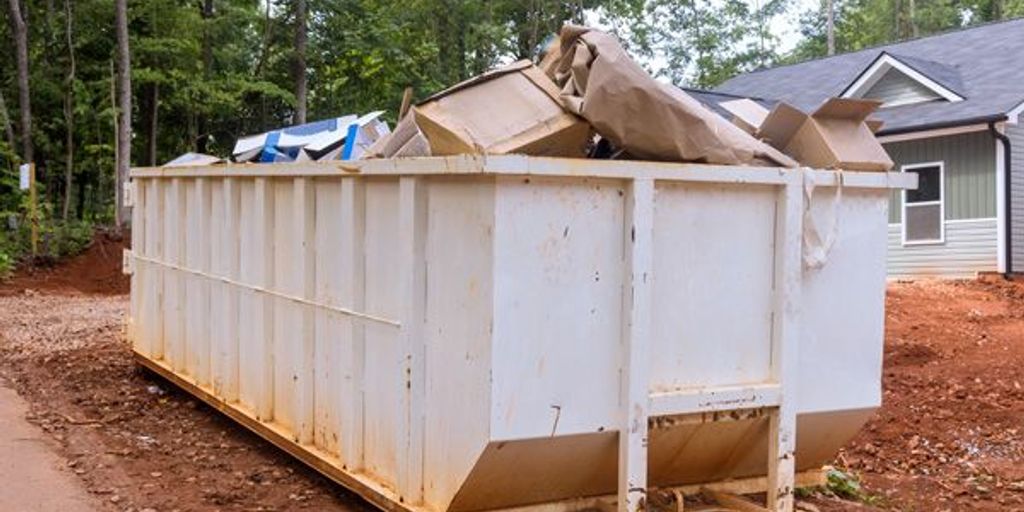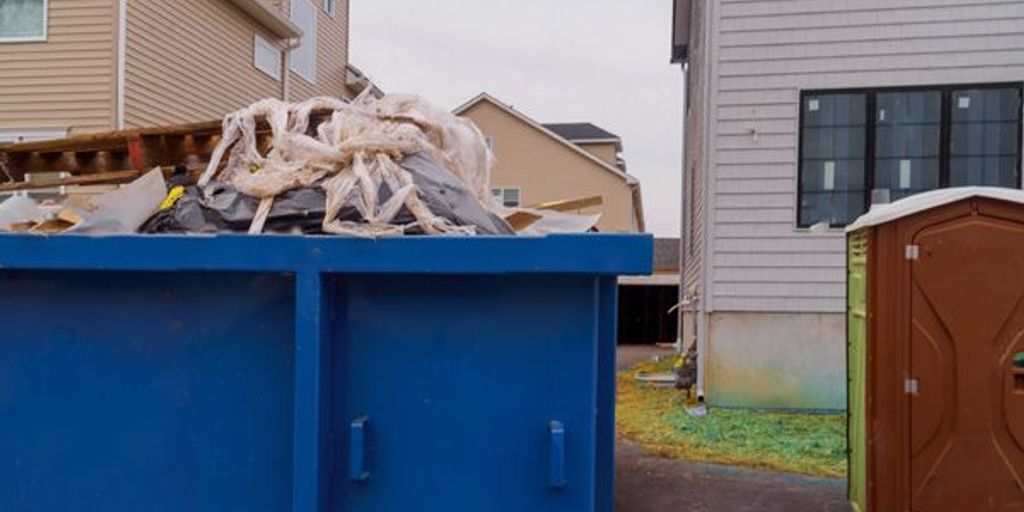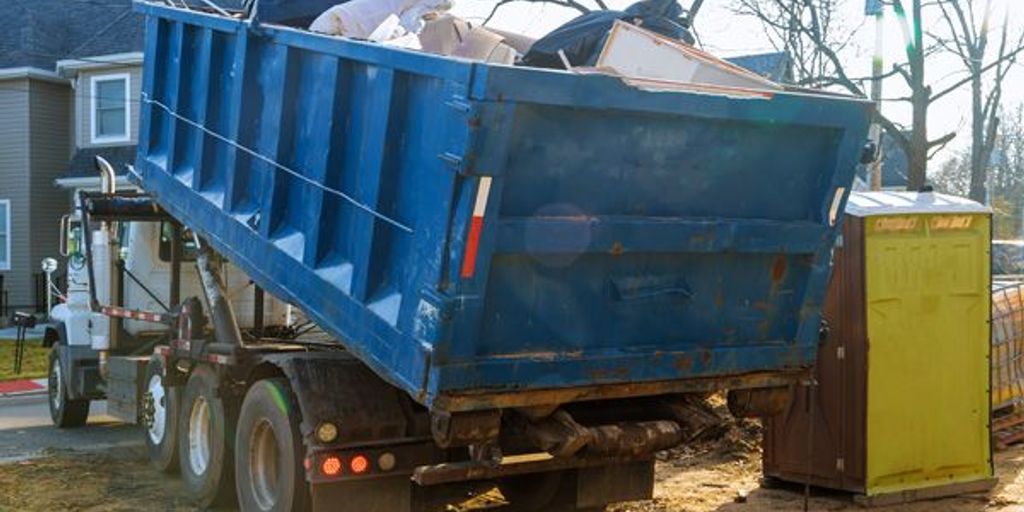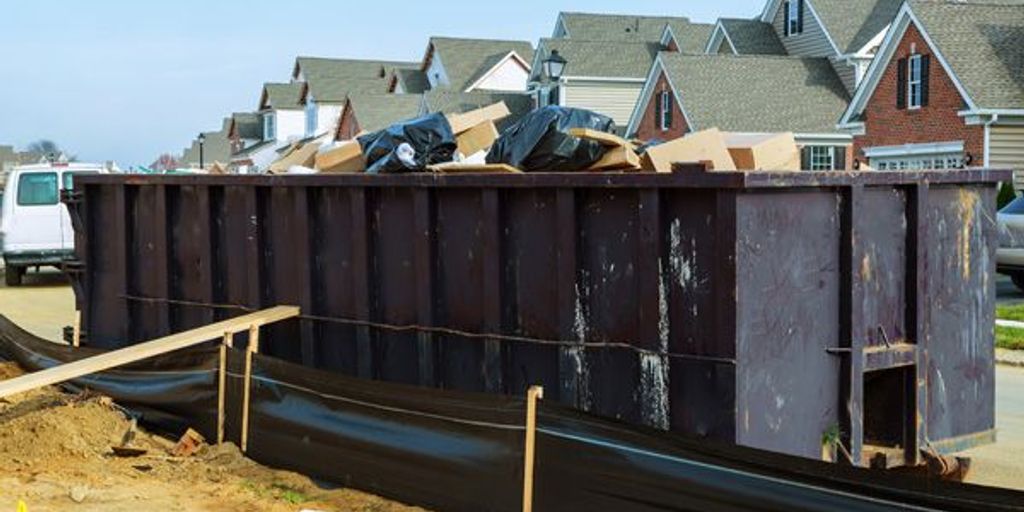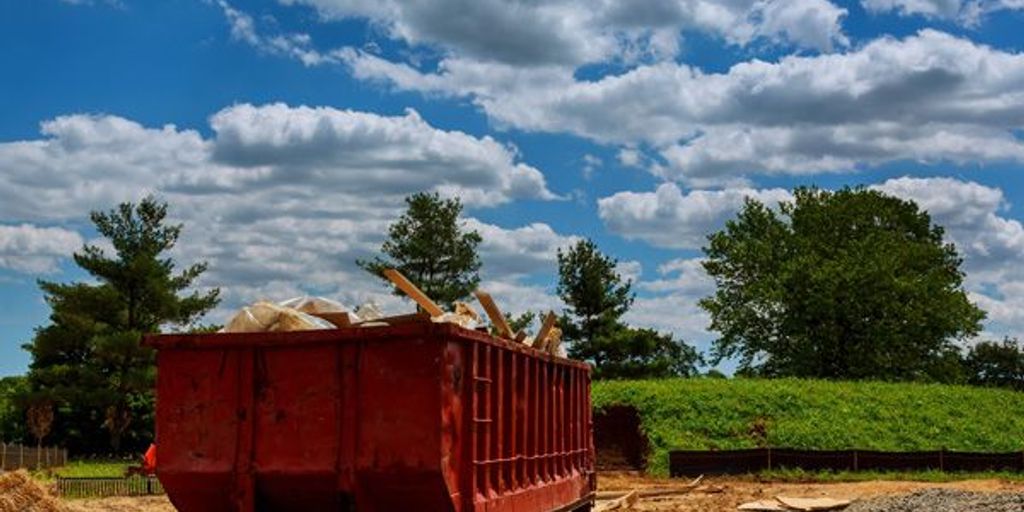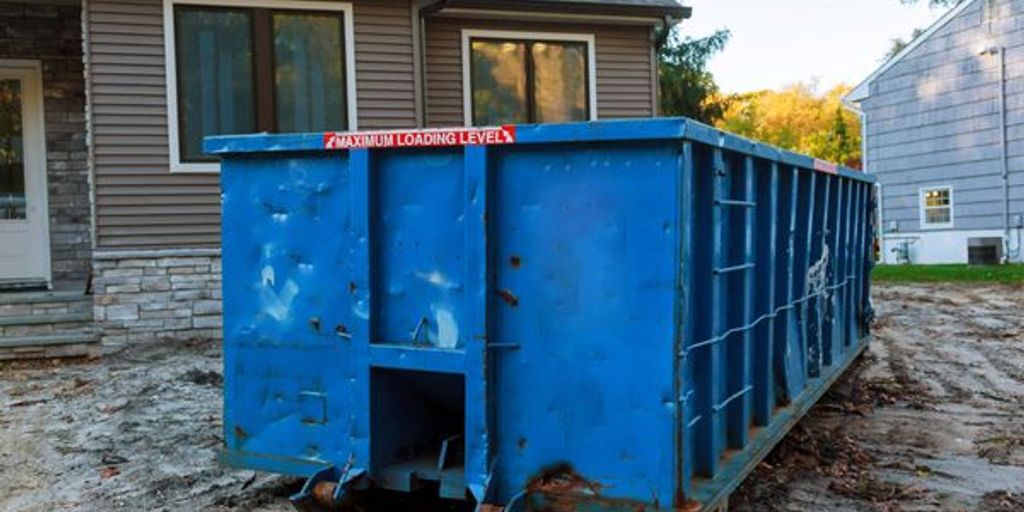Yard waste dumpster sizes
Choosing the right yard waste dumpster size can make your cleanup projects a breeze. Whether you’re tackling a small landscaping job or a major construction project, knowing which size to rent is crucial. This guide will walk you through the different sizes available and help you pick the perfect one for your needs. Key Takeaways Yard waste dumpsters come in various sizes, from 10-yard for small projects to 40-yard for large jobs. Smaller dumpsters, like the 10-yard, are perfect for tasks like spring cleaning or minor landscaping. Larger dumpsters, such as the 30-yard and 40-yard options, are ideal for construction and major renovations. Consider the type and amount of waste you have to choose the right dumpster size. Always ensure there’s enough space for the dumpster at your location to avoid any placement issues. Understanding Yard Waste Dumpster Sizes Common Dimensions and Capacities Dumpsters are named after the amount of volume in cubic yards they can hold. For example, a 30-yard dumpster can hold 30 cubic yards of debris. Here are some common sizes and their capacities: Dumpster Size Dimensions (L x W x H) Capacity (Pickup Loads) 10-Yard 12′ x 6′ x 4′ 4 12-Yard 14′ x 7′ x 3.5′ 5 15-Yard 16′ x 8′ x 4′ 6 20-Yard 20′ x 8′ x 4′ 8 30-Yard 22′ x 7.5′ x 6′ 14 40-Yard 22′ x 7.5′ x 8′ 16 Choosing the Right Size for Your Project Selecting the right dumpster size is crucial for the success of your project. If you’re unsure what size to get, call our team, and we will be happy to walk you through the process. Here are some tips to help you decide: Estimate the amount of waste your project will generate. Consider the type of debris you’ll be disposing of. Think about the space available for the dumpster placement. Comparing Dumpster Sizes to Pickup Truck Loads To make it easier to understand, you can compare dumpster sizes to pickup truck loads. For instance, a 10-yard dumpster can hold about 4 pickup truck loads of waste. This comparison can help you visualize the amount of waste each dumpster can handle. When renting a dumpster, it’s essential to consider the specific needs of your project to ensure efficient disposal and avoid overloading. By understanding these factors, you can make an informed decision and choose the right dumpster size for your yard waste disposal needs. 10-Yard Dumpsters: Ideal for Small Projects Typical Uses for 10-Yard Dumpsters A 10-yard dumpster is perfect for a variety of small projects. Common uses include: Construction and landscaping debris Household debris Yard waste Roof shingles Small home cleanout jobs Dimensions and Capacity The 10-yard dumpster typically measures 10 feet long, 7 feet wide, and 4 feet high. It can hold about 10 cubic yards of material, which is roughly equivalent to four standard pickup truck loads. This makes it a great choice for projects that generate a moderate amount of waste. Benefits of Using a 10-Yard Dumpster Using a 10-yard dumpster offers several benefits: Compact size: Fits easily in small driveways, similar to the footprint of a minivan. Versatility: Suitable for a wide range of projects, from yard cleanups to small renovations. Cost-effective: Smaller size often means lower rental costs, making it an economical choice for minor projects. When the 10-yard dumpster is too small and the 20-yard dumpster is too big, our 15-yard container is your ideal choice! 12-Yard Dumpsters: Versatility for Residential Use When to Choose a 12-Yard Dumpster A 12-yard dumpster is a great choice for many residential projects. It’s perfect for medium-sized cleanouts and small renovation jobs. If you’re clearing out a garage or attic, this size is often ideal. For residential cleanouts, like clearing out a garage or an attic, a 10-yard dumpster is typically sufficient. If you’re undertaking a home remodel, especially for a single room, a 12-yard dumpster can handle the debris without taking up too much space. Common Projects for 12-Yard Dumpsters Here are some common uses for a 12-yard dumpster: Garage cleanouts Small kitchen or bathroom remodels Yard waste removal Attic cleanouts Small deck or shed demolition Space and Capacity Considerations A 12-yard dumpster typically measures around 16 feet long, 8 feet wide, and 3.5 feet tall. This makes it compact enough to fit in most driveways while still offering ample space for your waste. It can hold about 12 cubic yards of material, which is roughly equivalent to 4 pickup truck loads. This balance of size and capacity makes it a versatile option for many homeowners. Choosing the right dumpster size can save you time and money by ensuring you have enough space for all your waste without overpaying for unused capacity. 15-Yard Dumpsters: Balancing Size and Capacity Ideal Projects for 15-Yard Dumpsters A 15-yard dumpster is perfect for medium-sized projects. These include kitchen or bathroom remodels, garage cleanouts, and deck removals. It’s also great for landscaping tasks and small construction jobs. Dimensions and Load Capacity The typical dimensions of a 15-yard dumpster are 16 feet long, 7.5 feet wide, and 4.5 feet tall. This size can hold about 80-100 trash bags, making it suitable for projects that generate a moderate amount of waste. In terms of pickup truck loads, it can hold up to six loads of debris. Advantages of a 15-Yard Dumpster One of the main benefits of using a 15-yard dumpster is its versatility. It offers a good balance between size and capacity, making it ideal for both residential and commercial projects. Additionally, its compact size allows it to fit in tight spaces, such as driveways, without taking up too much room. If a 10-yard dumpster is too small and a 20-yard dumpster is too big, a 15-yard container is your ideal choice! 20-Yard Dumpsters: Handling Larger Residential Jobs Common Uses for 20-Yard Dumpsters A 20-yard dumpster is perfect for large residential projects. It can handle a variety of tasks, such as: Large waste removal Basement renovation Window replacement Siding projects Dimensions and Volume The typical dimensions
Yard waste dumpster sizes Read More »

